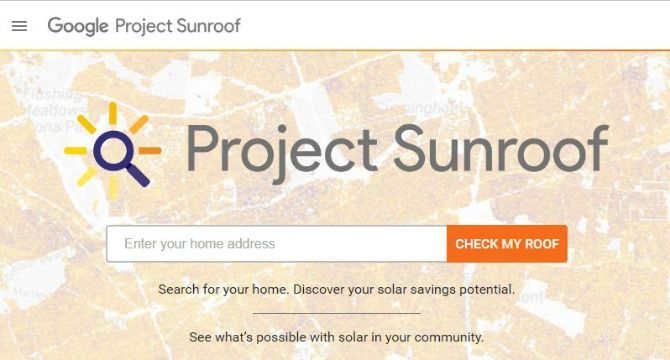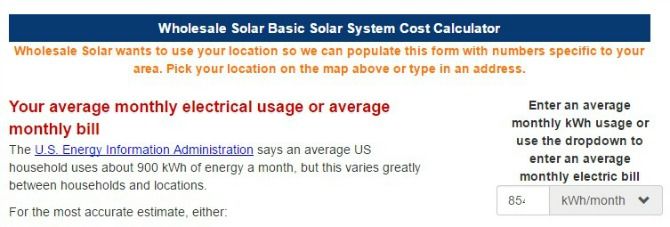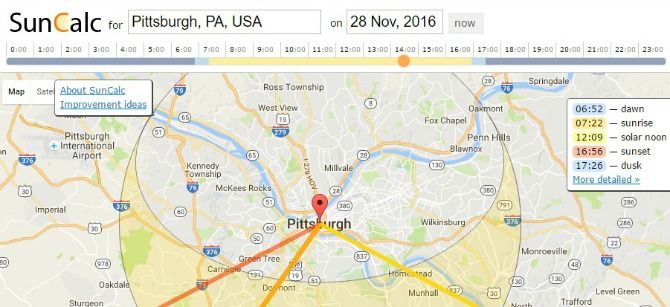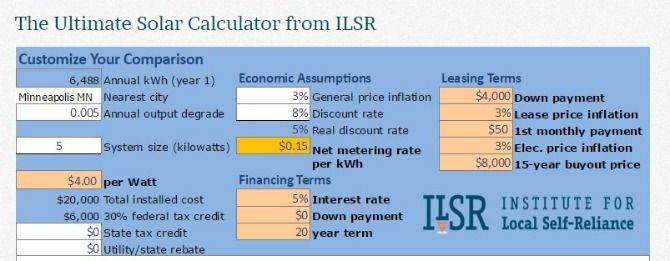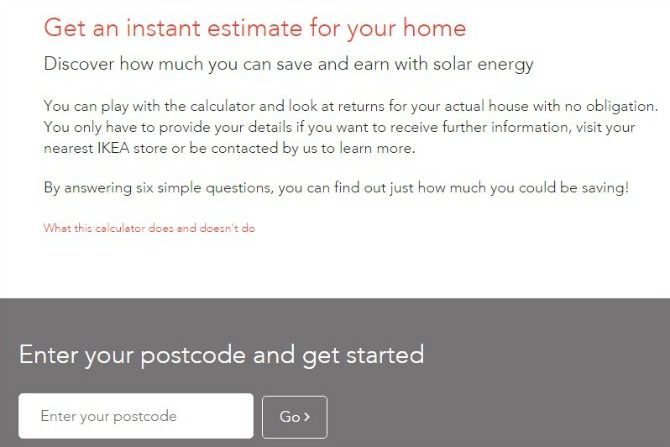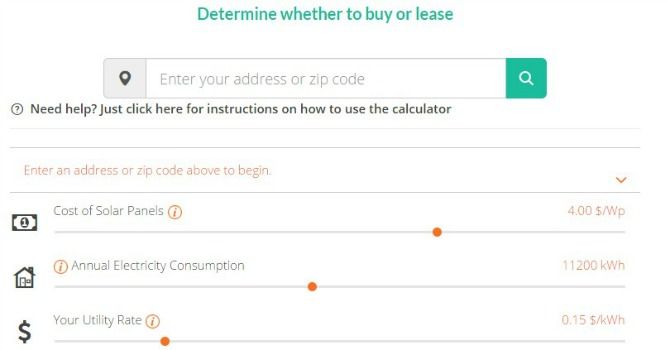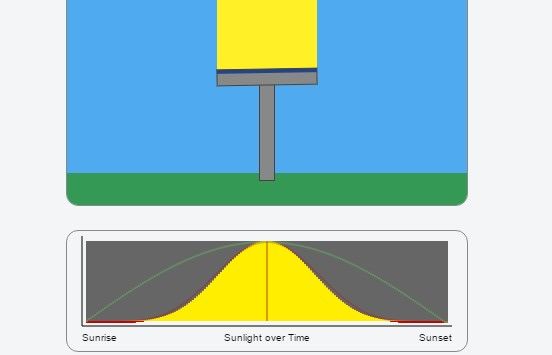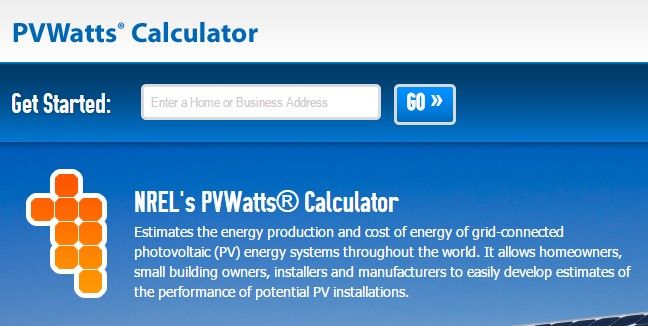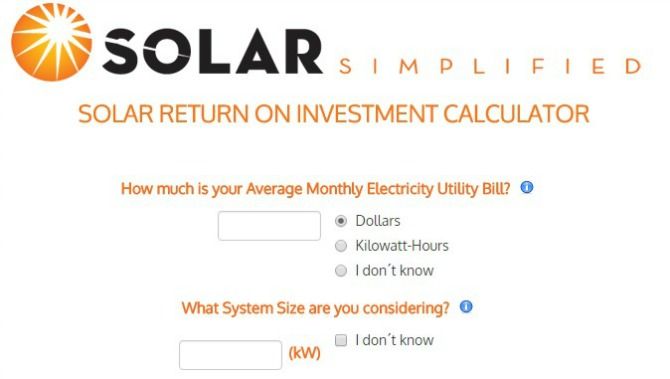With so many electronics, appliances, and devices in our homes consuming energy, utility bills have skyrocketed. According to the Short Term Energy Outlook prepared by the U.S. Energy Information Administration, retail prices of electricity have risen every year since 2013. Plus, costs are expected to continue climbing for the years ahead.
It's not like one day we'll wake up without the need for electricity, either. Everyone uses power in one form or another.
But if you play your cards right, there is a way to offset some of that cost. By implementing a solar energy system, you can not only reduce utility costs, but you may earn credits and additional money, too. Using a database like DSIRE, you can find a whole slew of local incentives and benefits for adopting renewable energy.
Why Consider Solar?
Over time, using your own home solar system will save you money. A 2015 report revealed anyone who installed a 5kW solar system saved an average of $44 to $187 per month during their first year. This is before any loan, lease, or PPA payments are factored in, however.
Even so, that's a lot of money you could be saving.
Initially the cost can seem high, especially if you shell out a lump sum of cash for a system. Solar panels aren't exactly cheap, and installation can be expensive as well. However, there are tax credits you can take advantage of to recuperate some of that cost.
Plus, having a solar system provides you with a more reliable and self-sustainable energy source. If you live in an area that experiences major outages or power blackouts, you'll still have electricity when others don't. Not to mention, if grid energy prices go up, it won't affect you at all.
Then there's always the point that solar is much better for the environment.
Even knowing all that, though, the decision to go solar can be a difficult one. The cost of buying in to solar isn't the only factor. For instance, if you live in an area where there's not much sun, it's not even beneficial to try going solar.
Luckily, there are plenty of tools at your disposal to determine if solar is going to be the best for you. Here are nine of them:
1. Google's Project Sunroof
With Project Sunroof, you can see a reliable estimate of cost savings for adopting solar in your area.
The entire platform is built on Google Earth. So, once you enter your home address, the tool will factor in a variety of information -- such as the shape of your roof -- and create a "personalized solar plan" for you. It also takes into account local weather patterns, the amount of sunlight you'll be getting, and the total square footage you have to use.
Ultimately, the tool will estimate how much you can expect to save over the course of 20 years. This data can be used to make a more informed decision.
2. Wholesale Solar's System Cost Calculator
The costs of equipment and installation for a solar system aren't cheap. Even with tax write-offs, you need to have the cash handy or a way to finance the project. The problem with this is that solar system costs vary by location.
That's why Wholesale Solar created their basic solar system cost calculator. It will detect your current location to calculate the cost of electricity per kWh in your area. If it cannot detect this, you can enter it yourself. It will also calculate the total number of sun-hours you have.
Finally, you just need to choose the type of system you're considering -- this is explained -- and the percentage of traditional power you'd like to offset.
With all this information entered, the tool will spit out the cost of a potential solar system. The best part is that the estimate is tailored to you specifically, rather than just a generic average. You can use this to decide whether you have the funds for the initial investment or if you should consider taking out a loan.
3. SunCalc
SunCalc is a unique tool that allows you to see a variety of stats pertaining to sunlight in your area. You just enter a location and a date, and it will tell you when sunrise, sunset, and other major events happen.
You can also see a more detailed report that explains how long each phase will last. It's a great way to calculate how many viable sun-hours you will have in your local area.
Sun-hours, if you're not aware, are the hours when solar panels would be most efficient at generating energy. While solar systems can still generate energy on a cloudy day, they are much less efficient. The same holds true if you have very few sun-hours during the day.
This tool will help you see just how efficient and reliable a solar system would be for you.
4. ILSR's Ultimate Solar Calculator
You'll notice that many of these tools include separate stats and information to help you make a more informed decision. This means you need to use more than one tool to get the full picture, especially when it comes to estimating savings.
The Ultimate Solar Calculator by the Institute for Local Self-Reliance aims to change all that. It is a comprehensive cost analysis tool you can use to see all potential costs of a solar energy system. You see, there are other ways to finance a solar system as opposed to just buying one outright. For example, you can lease a solar system, similar to how you would lease a property or a vehicle.
Unlike most tools, the ILSR calculator factors in these additional funding methods. It also allows you to compare the cost of buying a solar system outright or leasing it from a local provider.
5. Solar Century's Cost Estimator (UK Only)
If you live in the UK and you'd like a cost estimate, you can use Solar Century's tool, which was created in collaboration with IKEA.
Just provide your postcode, and it will tell you how much you can save, how much you can earn, and the cost of a system in your area.
Once it provides personalized information, you can play around with the tool and change various factors to see how it would affect cost. This includes entering the cost of energy per kWh, changing the location, and more.
6. SunMetrix's Buy or Lease Calculator
Like the ILSR tool, SunMetrix has a calculator that will help you determine whether you should buy a solar system out of pocket or lease one.
Most of the information is automatically calculated for you when you submit your zip code or address. Although, you can play around with the settings to see how they affect cost.
It's a great tool that can help you decide which option is financially better for you and your home.
What also makes this such a great resource is you can then go and use the "energy" and "savings" tools to find out how those pertain to you. The savings tool will inform you how much you can expect to save, while the energy tool will tell you how much power a solar system in your area would generate.
7. Solar Panel Sunlight Estimator
This JS Fiddle tool is neat and useful. It can be used to determine how much sunlight solar panels will receive over time based on the location of the sun in the sky.
With the tool, you can adjust both the angle of the sun and the angle of the panel. This will show you a visual representation of how much sunlight you can expect to receive.
Unlike some of the other tools here, it doesn't provide concrete numbers or stats, but the tool can definitely be helpful when visualizing what configuration to install your solar panels in.
8. PVWatts Calculator
You'll notice that most of the tools on this list are for homeowners and consumers. If you own a business or building, the tools may not provide accurate estimates.
That's where the PVWatts solar calculator comes in handy. It's for everyone, including small business owners and manufacturers.
To find out more information, you simply submit the address you're inquiring about. Then, on the next few pages, you choose a relevant location nearby -- based on Google Maps -- and provide some basic system info. Most of this will be populated for you, but you can adjust the square footage by customizing the size of the system to match your roof.
The results will tell you how much solar energy your system will output per year, as well as how much you'll save per month and annually.
9. Solar Simplified's Investment Calculator
This tool from Solar Simplified is another useful and straightforward calculator. It can be used to determine the ROI, or return on investment, you can expect from a solar system.
It factors in the cost of your monthly power bill, the size of the system you're considering, and the total cost of the system. It also takes into account >your local utility company and energy rates.
If you don't know the information it asks for, you can simply choose "I don't know" and it will estimate values.
The result is a full breakdown of the costs and returns you'd get from a solar system. You can see estimates of environmental benefits -- like the number of tree seedlings able to grow and gallons of water saved -- as well as solar costs compared to traditional energy costs, and more.
If you're not sold on buying a solar system for your home or business, let's just say this tool is a great way to see what kind of benefits you'll reap by opting for one. This can be especially good to see when you have tunnel vision because the entry-cost for solar seems so high.
Will Going Solar Be Worth It for You?
Now that you have so many tools at your fingertips, what's to stop you from looking into your solar energy options?
If you find that solar is an option for you, you can look forward to helping the environment and maybe saving some money in the long run.
If solar isn't a good idea for your right now, you can at least take comfort in knowing that you're making the most reasonable energy decisions you can at this time.
Why do you want or not want to switch to solar energy? Tell us in the comments below.
Image Credits: ImageFlow/Shutterstock


